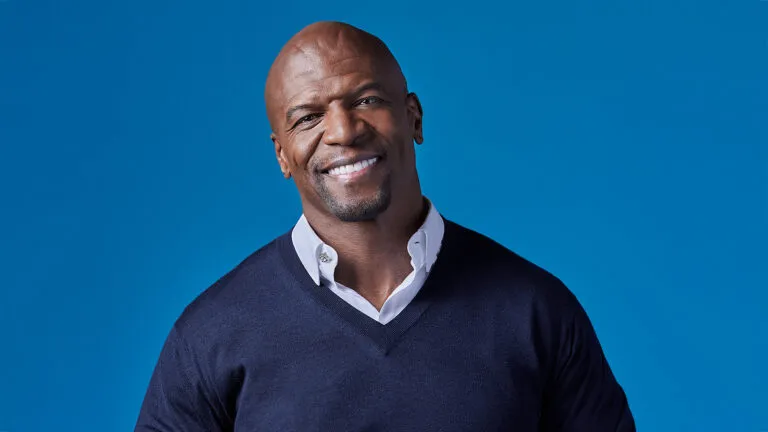Adapted from Diana Aydin’s Editor’s Note for the June/July 2018 issue of Mysterious Ways. If you’d like to subscribe, click here.
A sign in the window of a children’s bookstore in my neighborhood reads: Stories Can Change the World. There is, perhaps, no truer sign in all of New York City. Stories can change the world. They can change us. Science has proof.
Neuroscientist Uri Hasson uses MRIs to study the impact of “natural real life events” on the brain. Like telling stories. Dr. Hasson’s research shows that when people listen to unrehearsed, true stories, their brain’s activity actually syncs up with the storyteller’s. Amazing, right? Stories can also affect our brain chemistry. According to Carmine Gallo, author of The Storyteller’s Secret, “When the brain hears a compelling personal story, it triggers a rush of chemicals including dopamine, cortisol and oxytocin, the ‘love molecule’ that makes us feel empathy for another person.”
Those findings are a testament to the power of genuine, real-life storytelling (something we’re very familiar with here at Mysterious Ways!). And they’re one big reason we’re all so excited about the biannual Guideposts Writers Workshop coming this fall. Twelve lucky winners who submit their true, first-person stories will take part in a weeklong workshop taught by our editors in Rye, New York, all expenses paid. Entries must be received by June 10.
The contest is a chance to tell the world your story. Maybe there was a time God wowed you with a personal miracle. We’ve got quite of few of those stories in this issue as examples. Like how four cows helped a divorced dad heal. Or how a Father’s Day flea market find turned out to be beautifully prophetic. Or how a man with cancer found comfort in his recurring dream of a mysterious woman.
Visit Guideposts.org/WWContest for complete information on submitting your story. (Hint: We want a true story, not a sermon or an essay.) Like the sign in my neighborhood says, your story could end up changing the world!





